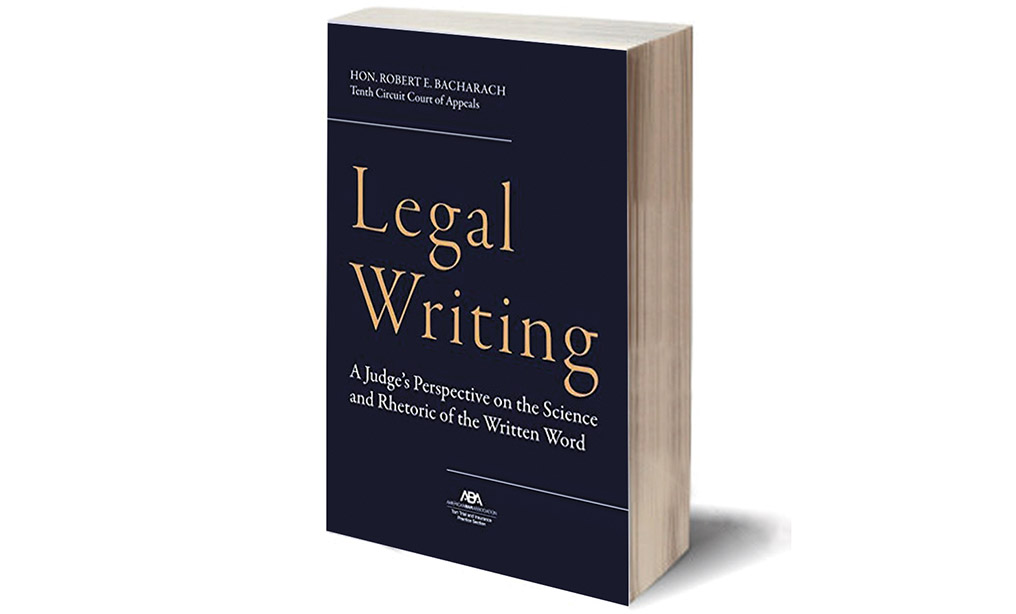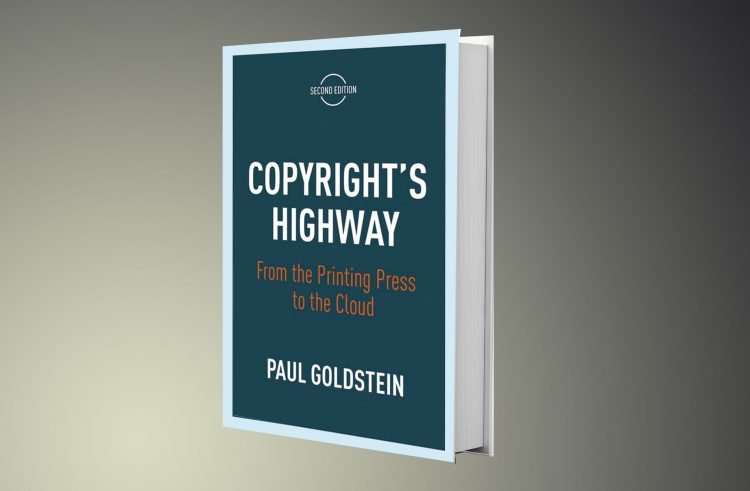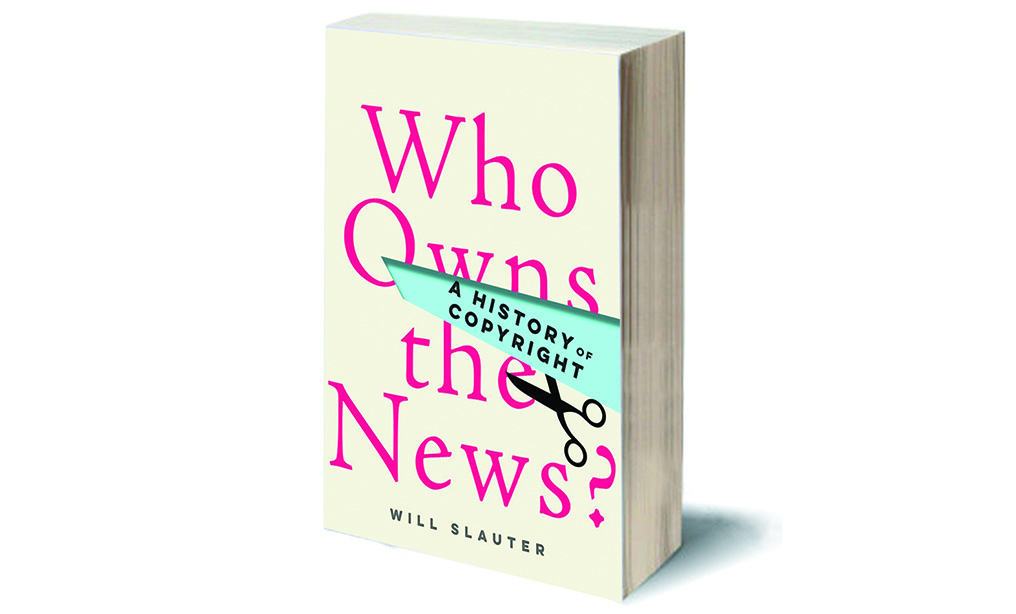Raymond J Dowd

July 10, 2020 | New York Law Journal
Writing to Persuade—Review of 'Legal Writing: A Judge's Perspective on the Science and Rhetoric of the Written Word'What does an appellate judge do to understand why some briefs stymie but others persuade? To understand his negative reactions to certain writing? To understand how others will react to language in his judicial opinions? He dives headlong into the science of psycholinguistics.
By Raymond J. Dowd
5 minute read

July 31, 2019 | New York Law Journal
Book Review: 'Copyright's Highway: From the Printing Press to the Cloud'If you care about the future of innovation, creativity, technology, free speech and privacy and are going to read one book on copyright, give the second version of 'Copyright's Highway' a shot. It captures the human drama of battles past, gives a sense of our present, and provides a glimpse into the future.
By Raymond J. Dowd
7 minute read

February 14, 2019 | New York Law Journal
Book Weaves Magnificent Narrative on Role of Copyright in Newsgathering'Who Owns The News? A History of Copyright' spins stories of information-gatherers who bundled it, monetized it and tried (by means legal and extralegal) to protect their hard-earned labors.
By Raymond J. Dowd
5 minute read
May 01, 2014 | New York Law Journal
Reversing Traditions of RacismRaymond J. Dowd, president of the Network of Bar leaders, writes: The "insular" doctrine is based on racism and a betrayal of the democratic values enshrined in the Constitution.
By Raymond J. Dowd
2 minute read

April 20, 2007 | New York Law Journal
Trial & ErrorRaymond J. Dowd, a partner at Dunnington, Bartholow & Miller, writes that the public believes the wheels of justice grind too slowly. Hardworking judges are under constant pressure from politicians, number-crunchers and administrators to speed up. Attorneys facing similar court and client pressures, on the other hand, define a good judge as someone who is patient, who listens, who may forgive a little more than we deserve, yet who manages unruly behavior to get to the heart of the case.
By Raymond J. Dowd
9 minute read
April 18, 2005 | New Jersey Law Journal
Getting Clobbered � and How To Deal With ItIn all our years of law school and practice, no one prepared us for the emotional experience of losing an argument, a deal, a case. Here are some strategies for dealing with failure.
By Raymond J. Dowd
6 minute read

March 04, 2005 | New York Law Journal
Small-Firm LifeShock and denial. These are the first two stages of grieving experienced by human beings who suffer a loss, according to psychologists. But in all our years of law school and practice, has anyone prepared us for the emotional experience of losing an argument, a deal, a case?
By Raymond J. Dowd
6 minute read

January 12, 2006 | Law.com
Management Tools Gone Dull? Sharpen Your Saws NowThe beginning of the year is always a good time to look our problems squarely in the eye and make some hard choices. Our overhead may be too high, our receivables piling up, our cash flow lagging and our files, technology and databases in disarray. Like the proverbial busy carpenter, we may be sawing so hard and so fast that we may not have taken time to sharpen our saws. January is a good time to sharpen our blades for the coming year -- and cut down on the disarray of our offices.
By Raymond J. Dowd
5 minute read

January 07, 2005 | New York Law Journal
Small-Firm LifeRaymond J. Dowd, a partner at Dowd & Marotta who serves on the board of directors of the New York County Lawyers' Association, writes that during a decade of practice, he has developed a list of things to consider to maximize meager assets and to avoid the electricity being shut off during the lean years.
By Raymond J. Dowd
6 minute read

July 01, 2005 | New York Law Journal
Small-Firm LifeRaymond J. Dowd, a partner at Dowd & Marotta, writes that parliamentary law is a generally neglected subject at U.S. law schools. It has roots in Anglo-Saxon tribes holding "village-moots" and importing this Germanic tradition to Britain in the fifth century.
By Raymond J. Dowd
4 minute read
Trending Stories
- 1ArentFox Schiff Adds Global Complex Litigation Partner in Los Angeles
- 2Bittensor Hackers, Accused of Stealing Over $28 Million, Face Federal Lawsuit
- 3In Novel Oil and Gas Feud, 5th Circuit Gives Choice of Arbitration Venue
- 4Jury Seated in Glynn County Trial of Ex-Prosecutor Accused of Shielding Ahmaud Arbery's Killers
- 5Ex-Archegos CFO Gets 8-Year Prison Sentence for Fraud Scheme



